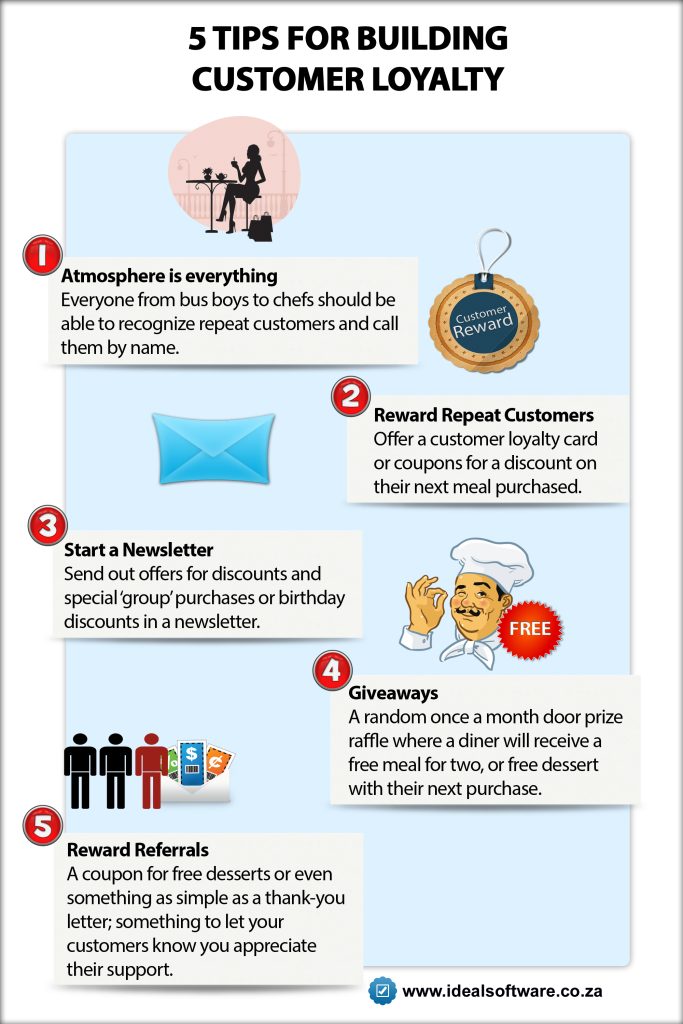
Building customer loyalty through effective customer service is crucial in today’s competitive business landscape. In demanding business industry environments, the customer service experience is paramount. It’s not just about resolving issues; it’s about creating a positive and lasting impression, fostering a sense of trust, and building a community around your brand. This article will explore strategies for building customer loyalty through exceptional customer service, focusing on practical solutions that address common challenges and provide measurable results. We’ll dive into crucial elements such as handling customer complaints, enhancing responsiveness, and leveraging technology to streamline processes. This comprehensive guide will detail how to build loyalty in challenging industry environments and ultimately, achieve sustainable growth and success.
Understanding the Significance of Customer Service in Building Loyalty
Defining Customer Loyalty in Demanding Industries
Customer loyalty, in the context of a demanding business environment, transcends mere satisfaction. It involves a deep connection with your brand. Loyal customers are advocates, repeat buyers, and willing participants in your company’s growth journey. This is more than just responding to issues; it is about actively building trust and creating emotional connections.
Identifying Key Challenges
Demanding industries often face unique challenges in building customer loyalty. High expectations, complex products or services, and intense competition can make it difficult to stand out. Additionally, issues with time constraints, tight schedules, and evolving technologies may strain customer service resources and create frustrations.
The Solution: Proactive and Personalized Service
Proactive customer service, tailored to the specific needs of each client, is the key to building genuine loyalty. In today’s market, customer service must be a key differentiator that enhances a brand’s appeal and sets it apart from competitors. By proactively anticipating customer needs and offering personalized solutions, businesses create a positive impression that fosters loyalty and brand advocacy. To achieve this, we must first understand customer behavior and their emotional motivations.
Implementing Proactive Customer Service Strategies
Creating Multi-Channel Support
A comprehensive and effective approach to customer service must involve multiple channels of communication. This can include live chat, email, phone support, social media engagement, and even online forums. Providing various channels empowers customers to choose the communication method that best suits their needs, ensuring they receive the level of service they expect.
Handling Complaints Effectively
Fostering a Culture of Empathy
In a demanding environment, complaints are inevitable. However, how businesses respond to these complaints significantly impacts customer loyalty. A key element is cultivating a culture of empathy, where employees understand the customer’s perspective, listen actively to their concerns, and make every effort to resolve the issue. This empathy is vital to showing genuine care.
Implementing a Problem-Solving Framework
Having a structured framework for resolving complaints ensures a consistent and professional approach. This framework should include steps such as actively listening to the customer, gathering relevant information, offering potential solutions, and following up to ensure the issue is resolved effectively. This shows the customer that you are taking their concerns seriously. Examples of effective complaint handling can be found in many customer service case studies and testimonials.
Leveraging Technology for Enhanced Efficiency
Automation of Simple Requests
Employing technology to automate simple tasks such as password resets or order tracking can significantly enhance efficiency and responsiveness. This frees up customer service representatives to focus on more complex issues, improving the overall quality of service. Automation reduces wait times and increases responsiveness, essential components of modern customer service.
Utilizing Customer Relationship Management (CRM) Tools
CRM tools can provide valuable insights into customer behavior and preferences. This data can be used to personalize interactions and anticipate future needs, ultimately fostering stronger customer relationships. This can include offering tailored recommendations, scheduling follow-up calls, or proactively addressing potential issues.
Building Loyalty Through Personalized Experiences
Gathering Customer Feedback
Regularly collecting feedback from customers allows businesses to understand their needs, preferences, and pain points. This data can then be used to tailor products, services, and customer interactions to meet their specific demands. This proactive approach fosters a sense of connection.
Creating and Maintaining a Positive Brand Image
Measuring Customer Loyalty and Satisfaction
Frequently Asked Questions
How can customer service build loyalty in a high-pressure industry environment?
Proactive customer service, a focus on empathy, and leveraging technology to automate processes can be crucial in building customer loyalty. By being responsive, handling complaints efficiently, and creating personalized experiences, companies can demonstrate genuine care and build trust. This approach makes customers feel valued and appreciated, encouraging loyalty in challenging environments.
What are the key elements of a successful customer service strategy?
Key elements include: (1) a proactive approach; (2) providing multiple support channels; (3) developing a framework for complaint handling; and (4) leveraging technology for enhanced efficiency. This approach fosters responsiveness and creates a lasting positive impression. Using effective problem-solving frameworks and CRM tools to analyze data and personalize interactions will give you the edge.
In conclusion, building customer loyalty in demanding business environments hinges on proactive customer service strategies. By prioritizing empathy, responsiveness, and consistent communication, businesses can cultivate lasting relationships and turn customers into brand advocates. Implementing the steps outlined in this article, such as leveraging feedback mechanisms and personalized interactions, will empower your company to thrive in today’s competitive market. To discover how you can elevate your customer service game and drive loyalty, contact our experts for a consultation today!